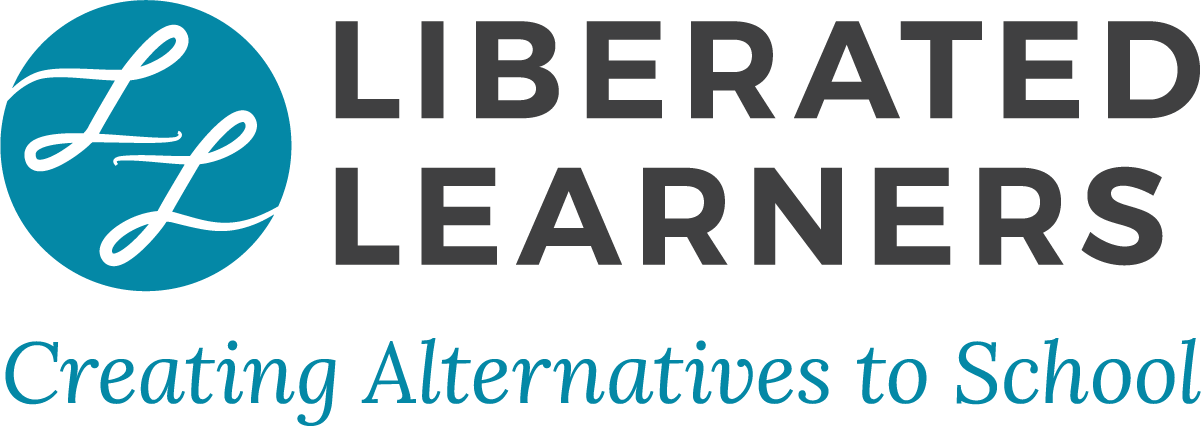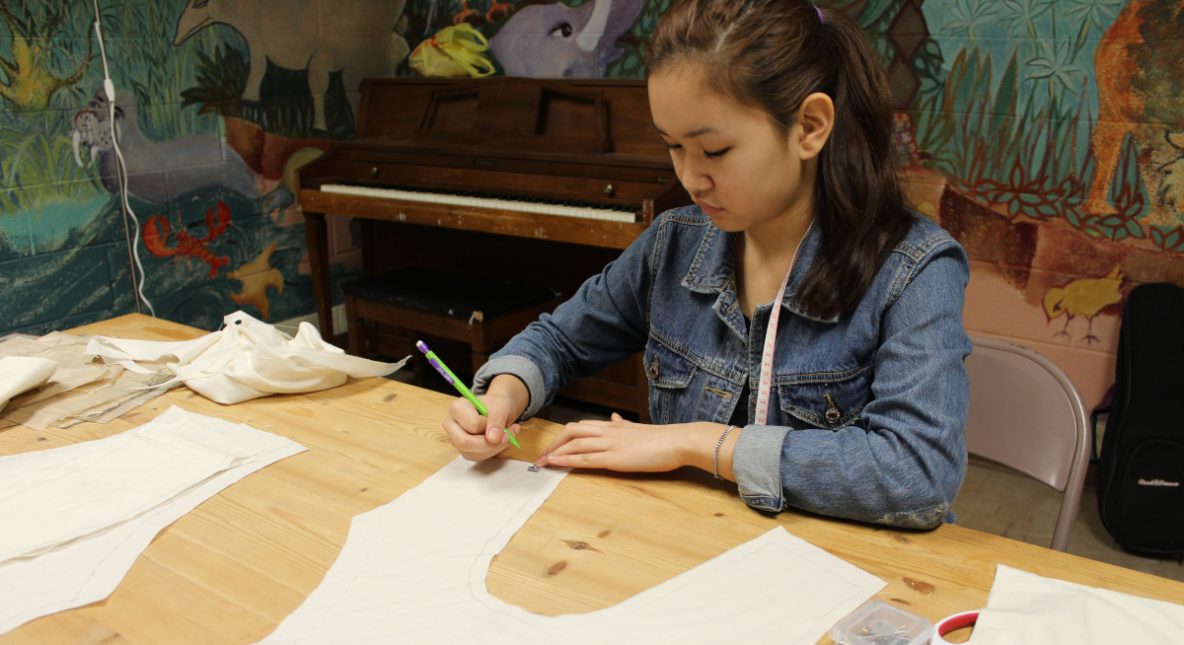By Alison Snieckus
The goal of Liberated Learners centers is to support teens to leave traditional school and to start living the lives that they want for themselves now. The approach begins with having kids take more direct control over their lives. It’s a powerful proposition, offering freedom and flexibility in what a person chooses to do, but also responsibility and accountability to oneself and others. William Stixrud, Ph.D., and Ned Johnson explore the science and theory behind the power of kids having more control in their lives in their book, The Self-Driven Child: The Science and Sense of Giving Your Kids More Control Over Their Lives. This book is a must-read for anyone working in the arena of “alternative education”. And while you are waiting to get the book, I suggest listening to Blake Boles’ interview of Ned Johnson on his podcast Off-Trail Learning.
The interview begins with Blake asking about the connections between stress and having a sense of control in your life. Ned describes the work of two scientists and then concludes:
You don’t have to be in control all the time, but you need to have a sense that you can handle things and can cope. … [S]omewhere along the line we’ve turned things in a way that we don’t trust kids to handle things for themselves. And it’s a huge disservice because only by experiencing things and feeling in control in a difficult situation, do you wire your brain to have that stress tolerance and that resilience that is so important for lifelong success.
Ned makes the case that this lack of a sense of control, with its attending stress, extends to parents and teachers, often creating a cycle of stress between young people and the adults in their lives.
There are great stories and science throughout. In response to Blake’s question about how to help our teens own their own high school experience, in both successes and failures, Ned begins:
We want to think long-term, not short-term. The idea that the most important outcome of high school is what college you go to, I fundamentally reject that. Now having said that, I want every person to be as educated as the person can be because that’s better for that person, it’s better for us as a society for people to develop their skills to their highest ability. But to treat high school as a four-year audition for college, and sacrifice everything, including mental health and our relationships as families, to that altar is a really poor idea.
Ned follows up with an explanation of the science behind self-determination theory, one of the most well-established theories in psychology, which says that intrinsic motivation comes from having a sense of competency, autonomy, and relatedness. Autonomy is crucial, but for parents who want the best for their kids, relatedness is just as important. (And I’d add “for teachers” as well.) The more young people feel like we understand and care about them, and not just their grades and scores, the more likely they are to develop the inner drive and resilience that is so crucial for tackling a challenging problem or difficult task.
Blake suggests that Mihaly Csikszentmihalyi’s work on flow, being in the zone and fully engaged, offers a great “entry point for skeptical parents”. Ned replies with a story his co-author Bill Stixrud tells from when he was young, studying and playing Beatles music, and largely ignoring his school work. He’d say to himself:
I’m going to go work on this song and try to figure out the chord structure for about a half an hour and then I’ll do my homework. And I’d come back two and half hours later. I’d completely lost track of time, completely immersed in doing this, the epitome of a flow experience. … I’m absolutely convinced that … I was sculpting a brain that could really work hard when it found things that it wanted to work hard at. … When I got to college and I was finally … exposed to things that were interesting to me, I absolutely flourished as a learner because I had a brain that could work hard, [and] I finally had things that I wanted to work hard on.
We need to offer kids the time and space to find the things they want to work hard on.
Toward the end of the hour plus interview, Ned brings things together:
The most important outcome of childhood and adolescence is developing the brain that you will have for the rest of your life. You want it to work hard, you want it to be intrinsically motivated, you want it to be resilient to stress. If you have a brain that is chronically tired, chronically stressed, chronically unhappy, that becomes its default state. And that’s a lousy brain to take into, oh, the next 70 years of your life.
And continues:
So many kids are busy all the time. … You can’t develop a sense of “Who am I”, “Who do I want to be?”, unless you have adequate time thinking about “Who am I?” and “Who do I want to be?”
Yes! Adolescence should be a time for kids to find themselves, to develop their sense of self. We can offer the time and space to do this, and be the caring adults who support their explorations.
I highly recommend you check out the full podcast.
Share this Post

